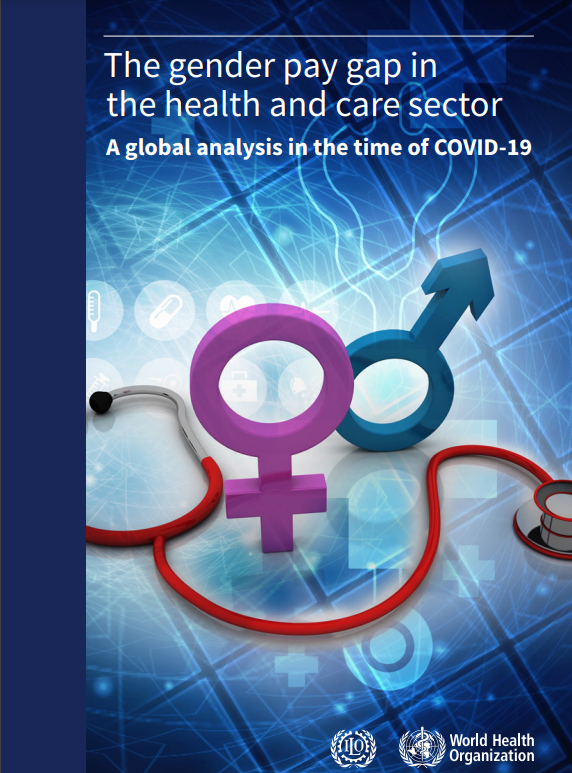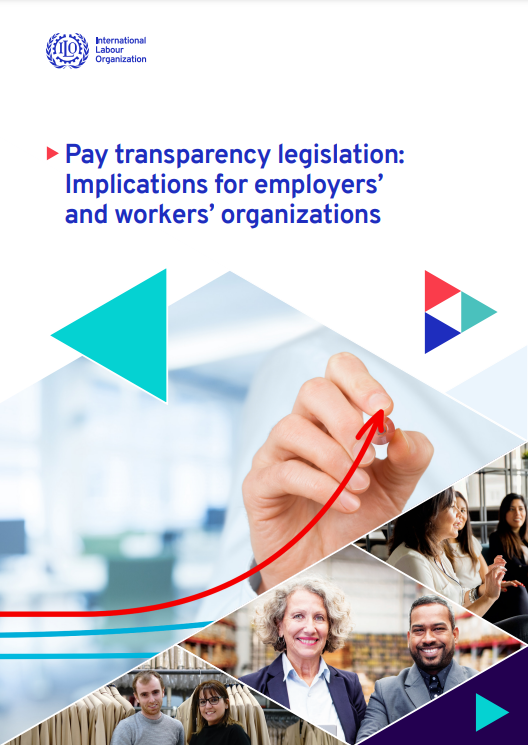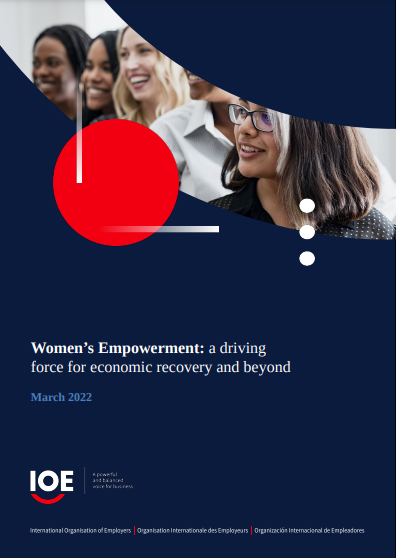Ontario’s Pay Equity Office celebrates international communications award for Level the Paying Field series
Ontario’s Pay Equity Office celebrates international communications award for Level the Paying Field series
For more than 40 years, the Gold Quill Awards of the International Association of Business Communicators have recognized communications work from around the world that soars above the average, taking public communication to new heights. The 2022 Gold Quill Award of Merit, widely acknowledged as one of the most prestigious forms of recognition in the industry, was awarded to Ontario’s Pay Equity Office for its topical and impactful campaign – Level the Paying Field – exploring topics related to economics, equity, women, work and wage equity.
“The economic impacts of pay inequity are large and measurable. We wanted to know more about gender and pay equity’s resurgence as an imperative to post-COVID economic recovery,” says Kadie Ward, Commissioner and CAO of Ontario’s Pay Equity Commission. The team at the Pay Equity Office set out to achieve this via a 6-part video and podcast series called Level the Paying Field in which Commissioner Ward hosts a series of compelling discussions about gender wage gaps and how to close them, with experts from the International Labour Organization, Harvard Business School, the University of Toronto, and more.
Join Ontario’s Pay Equity Office in celebrating this award-winning campaign that elevates the equity conversation to make the world a more equitable place for women to work, live, and thrive, and support closing the gender wage gap.




